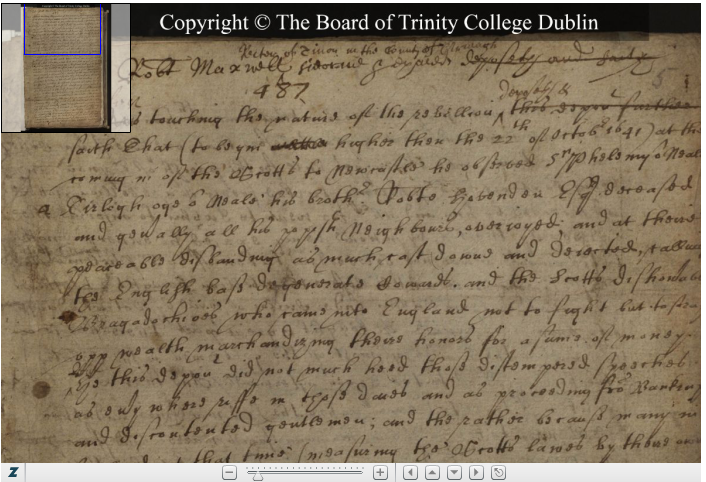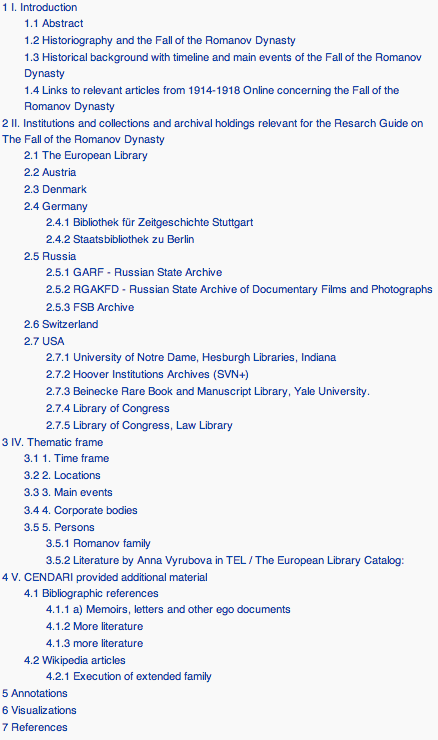Marking Up Our Virtue
Multilingual Standards and Practices in the Digital Humanities
Alexander O'Connor, http://www.cngl.ie
@uberalex
Defining the Humanities
The division of knowledge into ‘science,’ ‘social science,’ and ‘the humanities’ is deeply entrenched in ways of thinking prevailing in the English-speaking world and is reflected in many institutional structures.
—Anna Wierzbicka, 2011
What is Digital about it, anyway?
Is it Digital Humanities if I emailed it as a PDF?
Reflections
Some popular areas right now
- Text Analysis (e.g. Topic Modelling)
- Literary Analysis (e.g. Distant Reading)
- Archives & Repositories (e.g. Cendari's Grand Challenges)
- Data Mining / Text Mining (e.g. this timeline of computerised corpus tools)
- Visualisation (e.g. Neatline)
Digital Artefacts
- Manuscripts
- Books
- Film
- Diaries
- Archæological Finds
- Secondary Sources
Which one is the Artefact?
- Image of the Original Document
- Manual Transcription of the Document
- Normalised and processed html text of the document
- Associated metadata describing the people, places, entities
Markup, Items & Collections
Mark up...
- Libraries tend to deal with Items
- Archives tend to deal with collections
- The collection, the archive or the item itself might no longer exist: evidence only in metadata.
...to find...
- Entities
- Linguistic Elements
- Physical Properties
- Editorial Notes
Cendari Archive Catalogue & Research Guides
Naming a City
| Name | Year |
|---|---|
| Vicus Theutonicus | 1227 |
| Civitas Gedanensi | 1236 |
| Civitas Danczik | 1236 |
| Burgum Dantzike | 1299 |
| Rechtestadt Danczk | 1420 |
| Danzig | (modern German) |
| Gdańsk | (modern Polish) |
| Source: http://www.kartenmeister.com/preview/City.asp?CitNum=6343 | |
![]() Kingdom
of Poland 997–1227
Kingdom
of Poland 997–1227
![]() Duchy of Pomerelia
1227–1294
Duchy of Pomerelia
1227–1294
![]() Kingdom
of Poland 1294–1308
Kingdom
of Poland 1294–1308
![]() Teutonic
Order 1308–1466
Teutonic
Order 1308–1466
![]() Kingdom
of Poland 1466–1569
Kingdom
of Poland 1466–1569
![]() Polish–Lithuanian
Commonwealth 1569–1793
Polish–Lithuanian
Commonwealth 1569–1793
![]() Prussia 1793–1807
Prussia 1793–1807
![]() Free City of
Danzig 1807–1814
Free City of
Danzig 1807–1814
![]() Prussia 1814–1871
Prussia 1814–1871
![]() German Empire 1871–1918
German Empire 1871–1918
![]() Weimar Germany
1918–1920
Weimar Germany
1918–1920
![]() Free City of Danzig
1920–1939
Free City of Danzig
1920–1939
![]() Nazi Germany
1939–1945
Nazi Germany
1939–1945
![]() People's Republic
of Poland 1945–1989
People's Republic
of Poland 1945–1989
![]() Republic of Poland
1989–present
Republic of Poland
1989–present
Language
- The Documents can highly complex, mixing content, script and language
- The Language might be a dialect, might be outmoded or complex (even at the word level or the characters may not even be in Unicode.)
- There may be virtually no resources or tools to build from, or the corpus may be tiny or highly technical (TEI Guidelines on Linguistic Annotation of Corpora )
Research Landscape Links, mostly incomplete!
Thank You.
This research is supported by the Science Foundation Ireland (Grant 12/CE/I2267)
as
part of the Centre for Next Generation
Localisation at Trinity College
Dublin.
Built with impress.js, google fonts and bootflat.
Hosted on github.io

Marking Up Our Virtue Multilingual Standards and Practices in the Digital Humanities by Alexander O'Connor is licensed under a Creative Commons Attribution-ShareAlike 4.0 International License.
Based on a work at http://oconnoat.github.io/MLWebDH.


